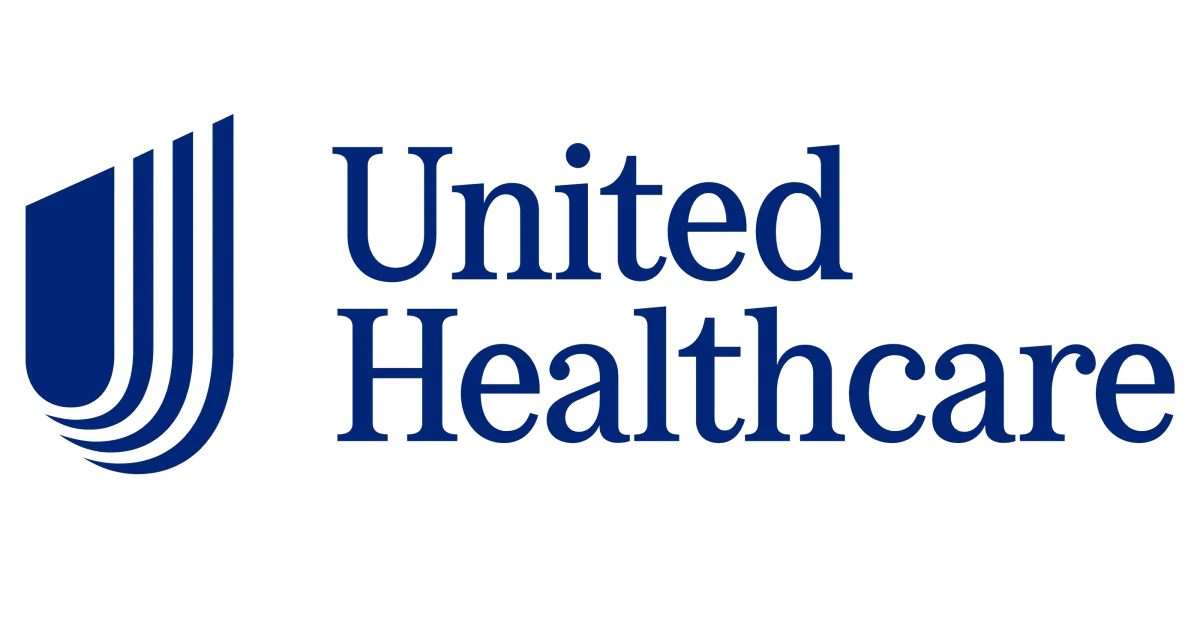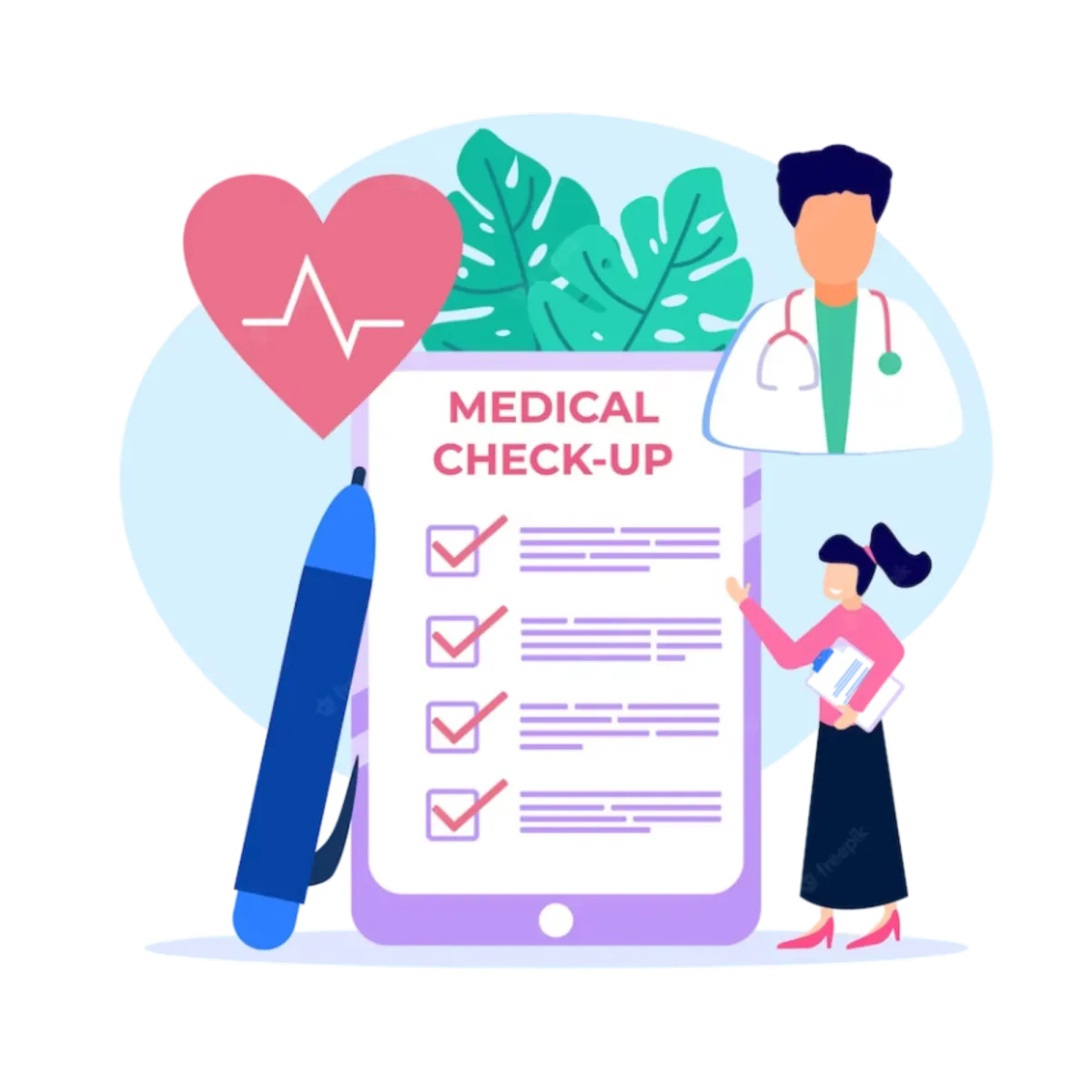
You're In Good Hands With Us!
American Affiliated Insurance Brokers, LLC offers personalized, affordable insurance solutions, including ACA plans, health,
dental, vision, Term life, Medicare, and final expense coverage. We are dedicated to
helping individuals and families find the protection they need with trusted
partners and exceptional service.

MEET THE FOUNDER & CEO
Hey, I'm Daniel!
I founded American Affiliated in 2020, driven by my long-standing passion for giving back to my community through local contributions and volunteer work. My vision for American Affiliated is clear: to empower others with the knowledge and support I received along my journey. With 35 years of experience in the insurance industry and across business verticals, I am eager to expand my expertise and build new relationships that will enhance my ability to serve others effectively.
Training Lead
Veteran Communication Specialist
Knowledge Database

MEET THE Life director
Hey, I'm Evan!
Inspired by my father's dedication, I value exceptional service and communication. The insurance industry allows me to give back to the community, ensuring each client experience is positive and supported by outstanding training and mentorship.
Long time Sales Trainer
Professional assistant
Team lead

The Client Experience
At American Affiliated, we prioritize the client experience, making insurance simple and stress-free. Our dedicated team guides you through personalized solutions, breaking down jargon and ensuring clarity. We’re committed to providing exceptional service, convenience, and exceeding your expectations every step of the way..
Access To Multiple Networks:











See What Clients Are Saying!

Dan always picked up the phone when I called. His attitude was cheerful and he always felt willing and curious to help. He helped me find the best insurance for myself and my son’s situation. He always listened well to my questions and answered them so that I could understand. I felt very comfortable in our conversations and never did I feel rushed. I would recommend him to anyone. He is very good at what he does..
.
-Kim T


Daniel, was great, so helpful, he made the whole process so easy. Really enjoyed working with him. He was very committed to helping us and very knowledgeable. He has a great personality. I highly recommend him.
-Mark O


Dan has been the most helpful, he has helped me and my mom get insurance when we were struggling to find sources ! He made it quick and simple, very easy and not to mention he has a funny personality and knows how make others laugh but feel comfortable ! Dan is the man !
- Kendall J


Dan always picked up the phone when I called. His attitude was cheerful and he always felt willing and curious to help. He helped me find the best insurance for myself and my son’s situation. He always listened well to my questions and answered them so that I could understand. I felt very comfortable in our conversations and never did I feel rushed. I would recommend him to anyone. He is very good at what he does..
.
-Kim T


Daniel, was great, so helpful, he made the whole process so easy. Really enjoyed working with him. He was very committed to helping us and very knowledgeable. He has a great personality. I highly recommend him.
-Mark O


Dan has been the most helpful, he has helped me and my mom get insurance when we were struggling to find sources ! He made it quick and simple, very easy and not to mention he has a funny personality and knows how make others laugh but feel comfortable ! Dan is the man !
- Kendall J


Dan helped me out and he was very nice and told me all the options that were available to me. Fun personality too. Definitely would recommend Dan for your healthcare options
-Michelle L


Well this man helped me when I needed to get my Medicare setup. He went over and above to make sure I got the best for the best price. He keeps me aware of anything coming up that I need to know about. He contacts me just let me know he is thinking about me and my family. I would recommend Dan to all my family and friends. If you have questions he will find an answer for you. Way to go Dan thank you for all your concerns.
-William "Bill" B


Daniel Araujo was very professional and very convenient and helped extremely with everything I needed I would refer him to anyone that needed insurance he was referred to me by a friend and he'll literally came through with everything and did everything and we really appreciate it cuz I didn't understand computer stuff or anything and he was amazing😊😊
.
-Toni E


Dan helped me out and he was very nice and told me all the options that were available to me. Fun personality too. Definitely would recommend Dan for your healthcare options
-Michelle L


Well this man helped me when I needed to get my Medicare setup. He went over and above to make sure I got the best for the best price. He keeps me aware of anything coming up that I need to know about. He contacts me just let me know he is thinking about me and my family. I would recommend Dan to all my family and friends. If you have questions he will find an answer for you. Way to go Dan thank you for all your concerns.
-William "Bill" B


Daniel Araujo was very professional and very convenient and helped extremely with everything I needed I would refer him to anyone that needed insurance he was referred to me by a friend and he'll literally came through with everything and did everything and we really appreciate it cuz I didn't understand computer stuff or anything and he was amazing😊😊
.
-Toni E

10 Tips for First-Time Homebuyers

Buying your first home can be both exciting and nerve-wracking at the same time. With so many things to consider and....
How To Choose the Right Lender for You

Lorem Ipsum is simply dummy text of the printing and typesetting industry. Lorem Ipsum has been the industry's standard dummy
Refinancing youe loan and when to do it

Lorem Ipsum is simply dummy text of the printing and typesetting industry. Lorem Ipsum has been the industry's standard dummy
© Copyright 2023 All Rights Reserved




